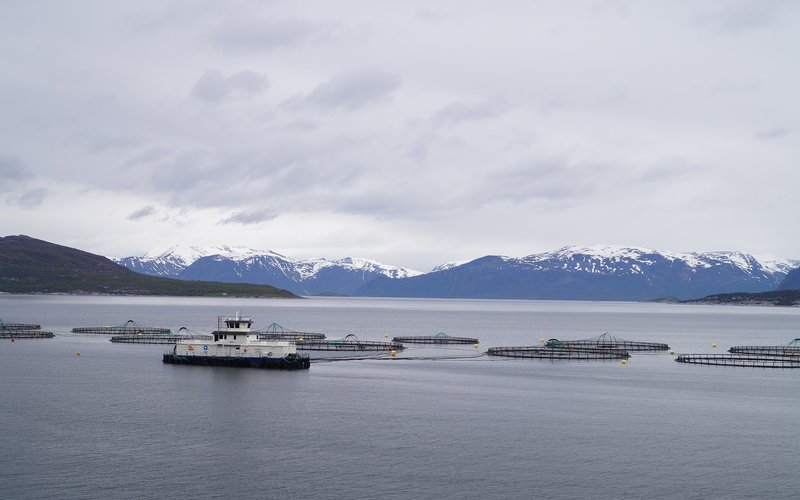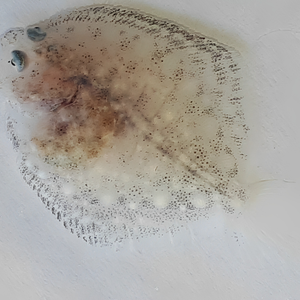The Norwegian government has proposed setting the aquaculture tax rate at 35%, which is 5% less than initially planned. The bill was presented to the Norwegian Parliament and needs to be approved before it takes effect.
Revenues will be based on the market value when fish are removed from the pen, which the companies themselves will set for 2023. The tax will be structured as a cash-flow tax with immediate deductions for investments that are only used during the sea phase.
Deductions will be granted for investments made prior to January 1, 2023, through the depreciation of remaining tax values. No deductions will be granted for the value of fish farming licenses, however, a template deduction in revenue will be permitted for licenses purchased at auction in 2018/2020 and allocated at fixed prices in 2020.
An independent price board will be established to determine the correct revenue. This board will be tasked with setting the market value when the fish is removed from the pen and will apply for salmon, trout and rainbow trout from 2024. Regulations relating to the price board will be sent out for consultation. For 2023, the companies themselves will set the market values when fish are removed from the pen, and these will be used as a basis in the tax return in accordance with general self-reporting. The government has moved away from the proposal of using norm prices based on Nasdaq prices. A standard deduction of NOK 70 million (USD 6.8 million) shall ensure that only companies with significant profits will pay resource rent tax.
Half of the revenues will accrue to the municipal sector. The host municipalities will receive a greater share. “Our goal is that those who make the fjords available to fish farmers will derive greater benefit than what they do under the present arrangement,” said Minister of Finance Trygve Slagsvold Vedum.
“The aquaculture industry is one of Norway’s largest and most profitable industries. The average returns generated in this sector during the last decade have been 3-4 times higher than in manufacturing. A larger share of this should accrue to society as a whole, while at the same time, we also support the industry continuing to develop and create jobs and value along our coast into the future,” said Prime Minister Jonas Gahr Støre.
“We have a long tradition in Norway in which value that is created from using our common natural resources shall benefit society as a whole. Access to our common natural resources has enabled this industry to generate particularly high earnings. All of us should be able to derive greater benefits from the significant value that is created. It is now time to introduce a resource rent tax for the aquaculture industry,” said Støre.
Industry reaction
Sjømat Norge, the national association for the fisheries and aquaculture industry, said the new proposal “changes nothing”. Sjømat Norge's members gathered in Bergen for a discussion of the government's proposal and the reaction was a great disappointment.
“We expected the government would correct the mistrust that followed the proposal that came. The industry has been clear that we have room to contribute beyond the many extra taxes the industry already pays, and proposed a solution that would have given the community the income the government predicted,” said Geir Ove Ystmark, managing director of Sjømat Norge. “What the government has put forward today is not the impact assessment, it has not looked at alternative, less harmful, models. The total tax burden will be very high and the model intervenes directly in a value chain consisting of both land-based and sea-based industries, which has major consequences for value creation and growth.”













